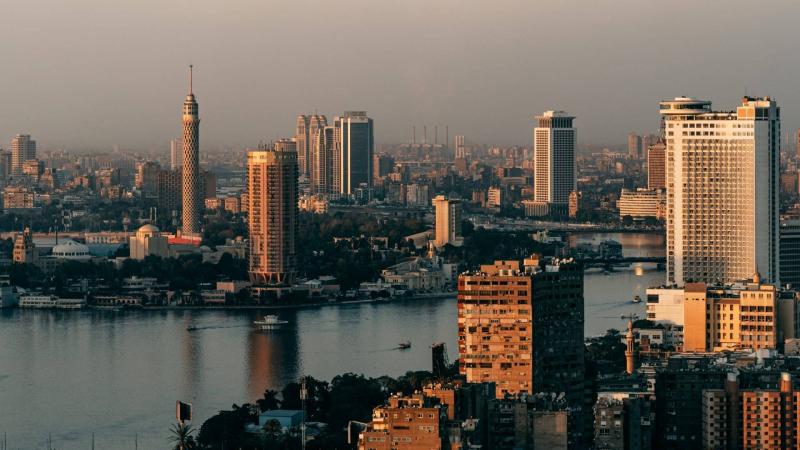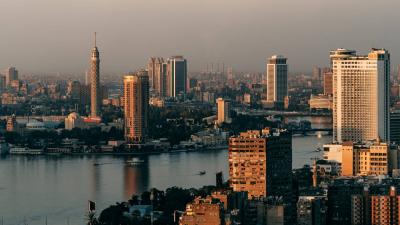The tone of optimism regarding the achievement of a truce deal and exchange through the ongoing talks in Cairo has risen. This situation does not pertain to dramatic Israeli initiatives or significant concessions from Hamas, but rather to the increased effectiveness of the Egyptians, Qataris, and Americans in exerting pressure on those they influence to prevent the latest attempt from collapsing and to ensure that everyone does not end up at an impasse. This is particularly important given the fragile state of the region following the Israeli attack on the Iranian consulate in Damascus and Tehran's threats of retaliation.
The main pressure that can generate a tangible effect is American, which has led to Israeli flexibility in reducing the intensity of fire in the war, postponing the invasion of Rafah, and increasing the flow of humanitarian aid by land and sea to Gaza. As for the joint Egyptian-Qatari stance, it does not align with the description of the American position, as the two Arab countries do not differ on the need for a comprehensive and permanent ceasefire, the inevitable withdrawal of Israeli forces from Gaza, and the necessity for all dislocated Gaza residents to return to their homes, even if they are mostly destroyed.
Notably, after many months of unsuccessful negotiations between Paris, Cairo, Doha, and Washington, the mediators are partners in the game with varying levels of direct involvement, and each has its agenda it is keen to achieve at least in part. The Americans are in need of success to reduce the dangerously high tensions in the region, particularly as Biden's administration approaches elections of crucial importance regarding its potential victory or defeat. The Qataris, who maintain a quasi-monopolistic relationship with Hamas, see themselves as being tested for their effectiveness and influence in the most dangerous circumstances the region and the world have reached, and they are keen to succeed to affirm their role and influence.
As for Egypt, it is the party most directly connected to the war, as the outbreak of hostilities is in close proximity to its borders. If Rafah and the Philadelphi route are currently the most sensitive areas, Gaza, in all respects, is a primary national security issue for Egypt. This has not been generated by the current war but is a historical strategic truth throughout time.
The elevated tone of optimism, despite negotiations still not being finalized in their official form, is actually a reflection of the reality that those labeled as mediators are more aware than others of their need for success. They are not neutral parties performing a technical role; rather, they are key players in the equation. Their success matters to them as a deal intrinsically connected to what comes next, which will be of paramount concern for everyone and is inextricable.
A ceasefire lasting six weeks would provide an opportunity to address the concerns of all parties regarding the day after, which has not yet taken clear shape—especially after the Americans recognized the impossibility of achieving decisive results on the ground in what Netanyahu refers to as "absolute victory." This has prompted the Americans to escalate and sharpen their role in determining the conclusions of the war, involving themselves directly and decisively in the arrangements of its outcomes and beyond.
What is more complicated than everything that has transpired over the past six months, until military conflict ceases, is arranging what needs to be done post-war. The Americans have often spoken about this, but in ambiguous generalities and experimental proposals that promise to make the two-state solution the inevitable conclusion to extinguishing hotspots of conflict in the region. This is because post-military conflict tasks do not stop at Gaza and what will be done with it, but concern the entire region. If we account for tension hotspots and each arena's or party's agenda, and what can be offered to address pressing needs that were urgent before the Gaza war and remain so after it, we would identify the challenges of the coming day. Thus, the prospects for success in the current round in Cairo appear as an initial starting point for what follows the war.
It is the cornerstone for that day when a new phase in the conflict or agreement in the Middle East will begin. What an unanticipated and unforeseen paradox it is that Gaza—an occurrence that has never happened before, with this level of seriousness and impactful force—will be the catalyst for what is to come at the regional level.




